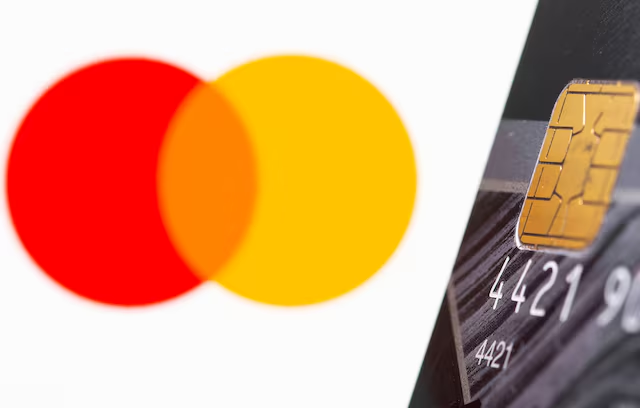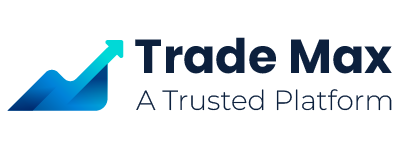Transactions paid with foreign credit cards are helping circulate more foreign currency in Venezuela, where the government has locked in an exchange rate as part of efforts to control double-digit inflation, four public sector and finance sources said.
The transactions have been growing steadily since the government of President Nicolas Maduro, who is running for reelection in July, loosened currency controls five years ago, allowing an expanded use of U.S. dollars alongside the local bolivar currency.
When Venezuelans with bank accounts abroad use foreign cards, their bank outside Venezuela sends the funds to its local intermediary bank in dollars.
The local bank can then sell the dollars, adding to the limited supply of foreign currency and helping the government to keep the exchange rate at 36.4 bolivars to the dollar and control inflation, which was 59.2% in the 12 months to May.
Maduro’s government is seeking to raise its tax take so it will have funds to direct toward public workers, sources told Reuters, as it seeks to win their support at the polls.
“This foreign currency helps support the exchange market,” said a public sector source who asked not to be named.
About 11% of transactions at supermarkets, pharmacies and other businesses are made with international cards, up from 8%last year, local analyst Ecoanalitica said in March.
Some $60 million per month from transactions on foreign credit and debit cards is sold by local banks, according to finance industry estimates.
Buyers are often retail or industrial businesses in need of foreign currency to pay for imports.
Other dollars come from the central bank and from export earnings from Chevron (CVX.N), which operates in the country with a special license from Washington. Both those sources contribute about $200 million each per month, according to calculations from local analysts firm Sintesis Financiera.
Although the dollars circulating via foreign card transactions was less than from other sources, banking sources said the funds help ease pressure on the market.
The central bank did not respond to a request for comment, nor did the finance ministry.
In 2023, foreign exchange from international cards reached $900 million, according to banking sources.
U.S. sanctions have halted some international transfers, as the central bank and some local banks were left without partner banks that would allow them to move money in and out of Venezuela. Other banks still have partners abroad.
U.S. sanctions are largely focused on members of Maduro’s government and the oil industry and do not restrict private Venezuelan businesses from operating abroad.
Foreign cards “offer a bit of oxygen because many people can’t access bolivars,” said economist Jesus Palacios, referring to credit restrictions on bolivar-denominated credit cards.



